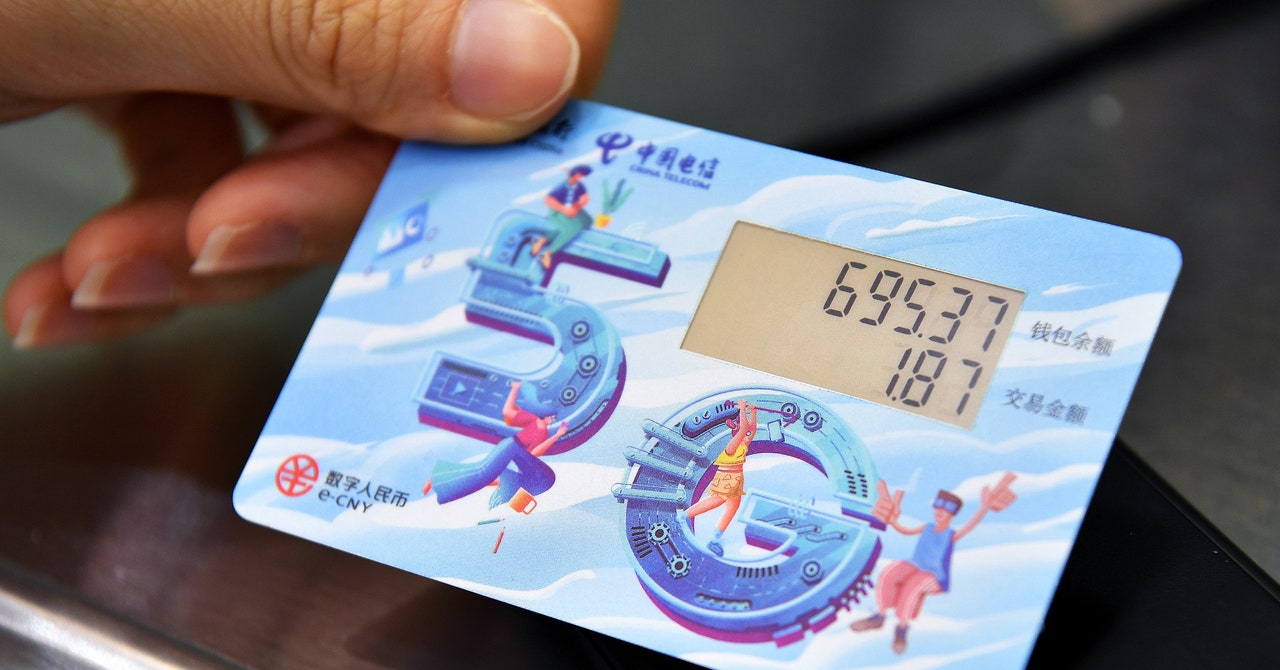By the mid-2010s, Chinese people in major cities had generally switched from cash to Alipay and WeChat Pay. By the end of 2021, about 64 percent of Chinese were using mobile payment systems, according to a report by Daxue Consulting, with Alipay and WeChat Pay handling the most payments. For city dwellers it was 80 percent.
One of the reasons the Chinese government is pushing the digital yuan is to try to gain more control over how citizens pay. For years, large tech companies could operate almost like public utilities, creating and effectively regulating large swaths of the financial sector. The companies also collected piles of data from citizens, eventually sparking public response and scrutiny by regulators. For now, users can transfer digital yuan to a WeChat Pay or Alipay account, but the government may eventually choose to end those systems. “They view the payment platforms as this huge part of the economy that is strictly out of their control,” said Mark of the Atlantic Council.
The digital yuan could in some ways be less invasive than a private network like Tencent’s because it doesn’t combine payment information with someone’s other digital traces, such as social network data. But it also gives the government new insight into people’s lives. “If someone walks across the government, their e-wallets can suddenly disappear, or they can’t even get in a taxi or go to a restaurant,” says Mark. Foreign companies interfering with the government — say comments perceived as disputing the government’s line on Taiwan or Xinjiang — may suddenly find they can no longer receive payments. China’s central bank says that accounts with balances below a certain threshold only require a phone number for verification, but Chinese authorities generally have broad powers to access private information.
China’s project and the rise of cryptocurrencies such as bitcoin have sparked debate in the US about creating a digital version of the dollar. There is concern in some circles in Washington, DC that the US could fall behind in financial innovation or lose some of its influence over global finances.
At a US congressional hearing in May, lawmakers asked Federal Reserve vice chairman Lael Brainard about privacy issues and whether the Fed had the authority to issue a digital currency. Many expressed concerns about the government’s intrusion into areas previously the domain of private banks, or suggested that cryptocurrencies outside of government control could serve the same purpose.
Brainard said in her testimony that a decision had not yet been made on whether the US needs a digital currency, but they should be prepared to launch one, a process she says could take five years. “In a world where other major jurisdictions are transitioning to issuance of their own digital currencies, it’s important to think about whether the United States will continue to maintain the same kind of dominance,” she said.

